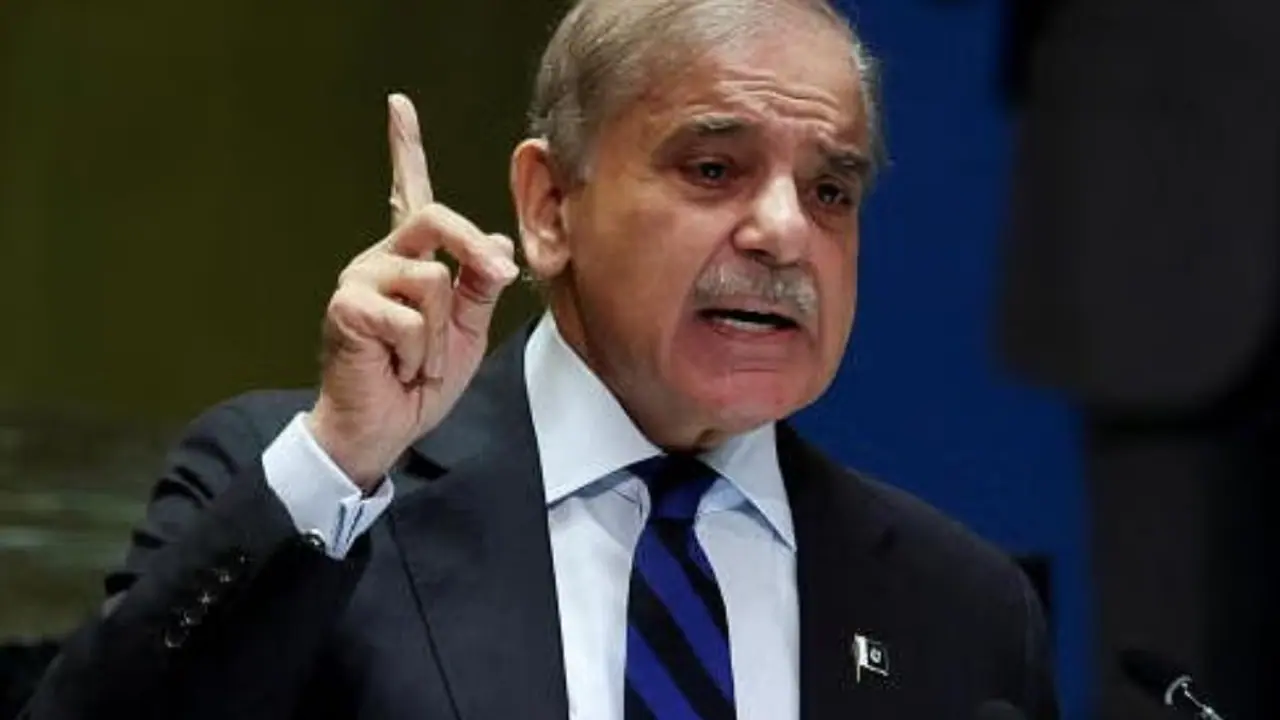Pakistan PM Shehbaz Sharif said allies like China and Saudi Arabia expect trade, not aid, from Islamabad. His comments came after the IMF approved new loans despite India’s objections and amid tensions over Operation Sindoor.
Pakistan Prime Minister Shehbaz Sharif has said that allies like China, Saudi Arabia, Turkey, and the UAE no longer expect Pakistan to approach them ‘with a begging bowl’. He stressed that these nations now seek partnerships in trade, innovation, and investment.

Mr Sharif made these comments during an address to military officers in Quetta, Balochistan. Referring to the country’s financial dependence in the past, he said, “They expect us now to engage them in trade, commerce, innovation, research and development, education and health, investments, and profitable ventures mutually. They no longer expect us to go there with a begging bowl.”
He added that he and newly-appointed Field Marshal Asim Munir would be the last people to carry that burden of dependency.
Praise for Pakistan’s allies, IMF loan amid criticism
Shehbaz Sharif described China as Pakistan’s ‘most time-tested friend’ and called Saudi Arabia “one of the most reliable and trustworthy” allies. He also highlighted ties with Turkey, Qatar, the UAE, and Azerbaijan.
His remarks came just days after the International Monetary Fund (IMF) approved a $1 billion bailout for Pakistan under its Extended Fund Facility (EFF). The total package under this programme amounts to $7 billion, of which $2.1 billion has been released so far.
India strongly opposed the move during IMF discussions, warning that such funds could be misused to support cross-border terrorism. However, the IMF clarified that the disbursement was part of a previously agreed package and followed standard procedures.
Shehbaz Sharif admits damage from Indian strikes
Shehbaz Sharif also made significant admissions about Operation Sindoor, India’s large-scale military operation launched on May 7 in response to the April 22 Pahalgam terror attack, which killed 26 people. The Indian strikes targeted nine terror bases in Pakistan and Pakistan-Occupied Kashmir (POK), killing around 100 militants.
Earlier this week in Azerbaijan, Mr Sharif admitted that Indian BrahMos missile strikes caught Pakistan’s defences off guard. He revealed that India hit multiple provinces, including the Rawalpindi airport, before Pakistan’s forces could respond.
“On the night of May 9-10, we decided to respond in a measured fashion. But before that hour arrived, India once again launched a missile attack… and hit various provinces,” Sharif said.
He also recalled a late-night call from Army Chief General Syed Asim Munir, confirming that India had struck the Nur Khan Airbase and other military sites.
Operation Sindoor and the international response
Operation Sindoor was India’s response to the Pahalgam attack, which Indian intelligence traced to terror groups operating from Pakistan. The Indian Air Force destroyed camps linked to Jaish-e-Mohammed, Lashkar-e-Taiba, and Hizb-ul-Mujahideen.
After the strikes, Pakistan launched drones and missiles at Indian military targets, but most were neutralized by India’s S-400 air defence system. India retaliated with another round of strikes on 11 Pakistani military sites, before both countries agreed to a ceasefire on May 10.
Turkey and Azerbaijan backed Pakistan diplomatically during the conflict and condemned India’s air strikes. Still, Islamabad’s military suffered major damage, which Sharif has now acknowledged publicly for the second time.


